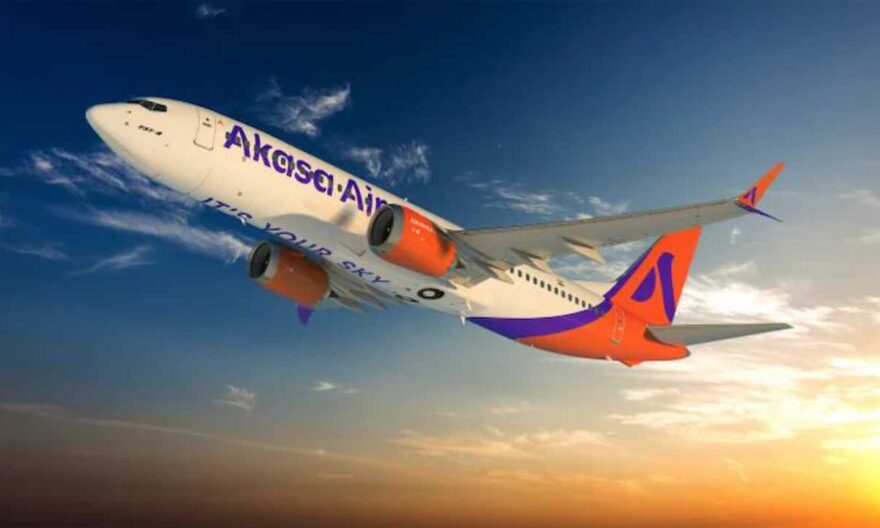
The Directorate General of Civil Aviation (DGCA) informed the Delhi High Court that it lacks the authority to intervene in the employment agreements between pilots and Akasa Air, which has requested action against pilots who resigned without fulfilling their notice period.
The DGCA stated that it would be in the best interests of the parties for Akasa Air to adhere to the aviation regulator’s mandate to maintain a limited flight schedule if it lacks the necessary number of pilots.
The DGCA’s written submissions came in response to a petition by Akasa Air, a fledgling airline facing a crisis after 43 pilots resigned without notice. Akasa Air sought coercive action against these pilots for their “irresponsible actions.”
The DGCA clarified that it does not possess the authority to interfere in employment contracts and decisions involving airport operators, airline operators, or other stakeholders.
Regarding Akasa Air’s claim of approximately 600 flight cancellations since June due to pilot resignations, the DGCA denied receiving any documents or reasons from the company for these cancellations. The regulator stated that it maintains records of flight cancellations, primarily due to operational, commercial, technical, or weather-related reasons.
The DGCA highlighted that 1.17 percent of flights were canceled in August 2023, as per the details submitted by Akasa Air.
In response to the airline’s demand for action against pilots who resigned without serving the mandatory notice period, the DGCA stated that the notice periods are already under challenge in the high court, and the DGCA has no role in determining such terms.
Akasa Air has faced turbulence following the resignation of numerous pilots and has requested the DGCA to take action against non-compliant pilots as per the Civil Aviation Requirement (CAR) 2017.
The airline emphasized the inconvenience and difficulty caused to the public due to last-minute flight cancellations, delays, and grounding of flights resulting from pilot resignations.
Akasa Air’s petition sought remedies to protect itself and the public from the actions of certain pilots who resigned without consequences, encouraging others to follow suit.
The airline claimed to have scrupulously complied with regulations and the terms of its agreements with pilots despite the precarious situation it faces.
The Indian Pilots Guild and Federation of Indian Pilots opposed the airline’s petition, stating that it indulged in forum shopping by filing multiple lawsuits, including a civil suit against the pilots in the Bombay High Court.
These organizations also questioned the airline’s claim that pilot resignations were solely responsible for flight cancellations, arguing that it lacked substantiated evidence.
The court has reserved its order on the matter, with written submissions provided by all parties involved.




